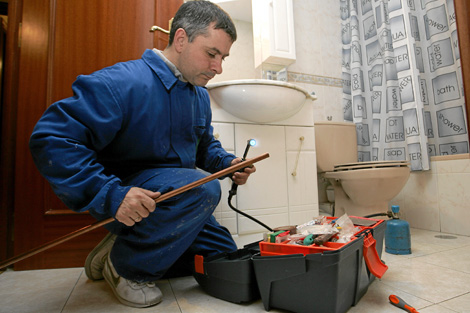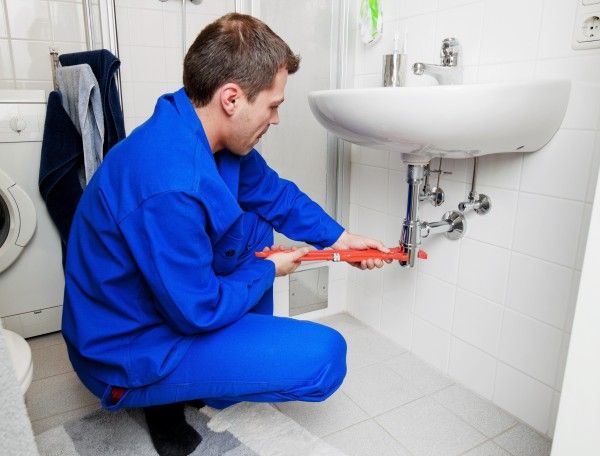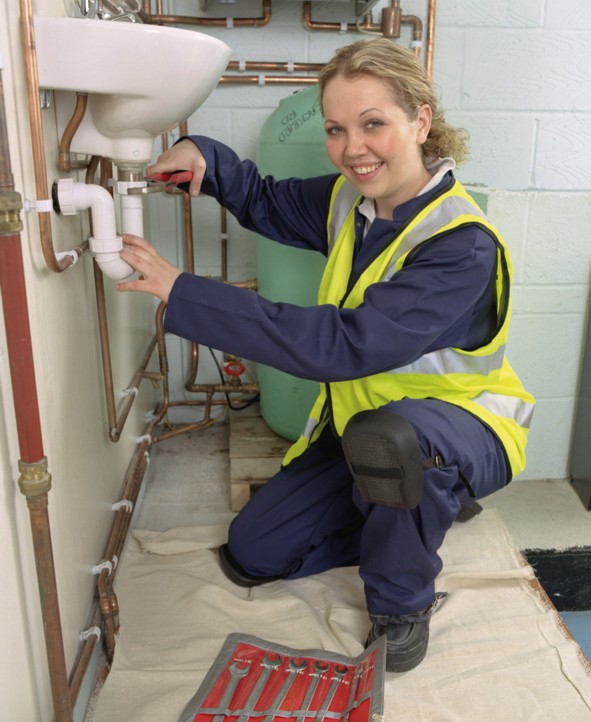
Great Plumbing Tips That Will Save You Money
As we all know, plumbing is an essential part of hour household installations. It has been ever since Roman Era and each one of us feels as he or she is a bit of a plumber. At least, that is what we all think we are, until something goes wrong while we attempt to make something right. If this sounds familiar to you, you will agree that it is better to call a professional plumber that risk messing things up seriously. On the other hand, there are situations in everyone’s life when we do not have money or time to spend and we just cannot afford to call a plumber. So, before you do, make sure you carefully read what we had prepared for you. It will save you both money and time since there is a number of situations that can be handled easily if you are familiar with the basics of plumbing and at least a bit prepared.
KNOW YOUR PIPES AND VALVES
Make sure you know the position of pipes in the walls and floors. In case of any major plumbing problems this will be essential for time and money savings. You do not want to have to lift all floors or tear down walls in order to locate the pipes that need repair. Also, the majority of small repairs that you will be able to perform will include stopping the water flow during the process. Therefore, the position of all main intake valves is something you need to know.

TIMING YOUR WORK
Faucet drippings and leaks often seem as a minor inconvenience. Usually, we tend to postpone the action thinking that there is no need to react immediately. As a consequence, the annoyance grows into a big problem. Therefore, make sure you time your work and attention properly and avoid unnecessary complications. In order to fix drippings and leaks, familiarize yourself with different moving parts of a faucet. Usually, there is the handle, the nut, the stem, the washer, and possibly decorative caps. Check one by one and you will easily solve the problem.
DRAINS
There are two major types, kitchen and bathroom. By taking some precautions, a lot of problems can be prevented from occurring. The key word to both is hygiene. When it comes to bathroom ones, blocked drains are usually the consequence of accumulated soap remains, hair and dirt. if chemical cleaners do not do the trick, the best tool is a plunger. Of course, always use protective gloves and ventilate the room after use of chemicals. Before using it, make sure you fill the drains with water as much as you can and check that the plunger completely covers the drain hole. The trick with the plunger is to be persistent. If the first series of 20 to 30 pumpings does not unclog the drains, repeat it two to three times. If that does not help, you will have to use plumber’s snake. Insert it as deep as it goes, twist and that should do the trick. Repeat as many times necessary and do not combine with chemical cleaners under any circumstances. If your bathroom sink drains are blocked, first remove the trap to make sure that the cause is not there. If it is not, complete the above course of action. When it comes to kitchen drains, the procedure is practically the same, with the cause being too big food remains, combined with oil, grease and coffee remains buildup. Therefore, prevention will do half the work for you. Once more, regular hygiene, proper disposal of dirt and appropriate use will save you a lot of work when it comes to drain maintenance.

OUTSDOOR PLUMBING SYSTEM
Basically, everything said before applies here too. With one addition. To prevent outdoor pipes from freezing you can either isolate them, which is time and money consuming, or you could completely drain the water out of the pipes before temperature dropes below zero. Close the valves afterwards and reopen them in spring. Quite simple.
Hopefully, the information provided will help you with plumbing problems in the future, either to solve them in the most efficient way, or to prevent them from happening. However, do not forget, if you are unsure what to do, the best thing is to call a professional.
